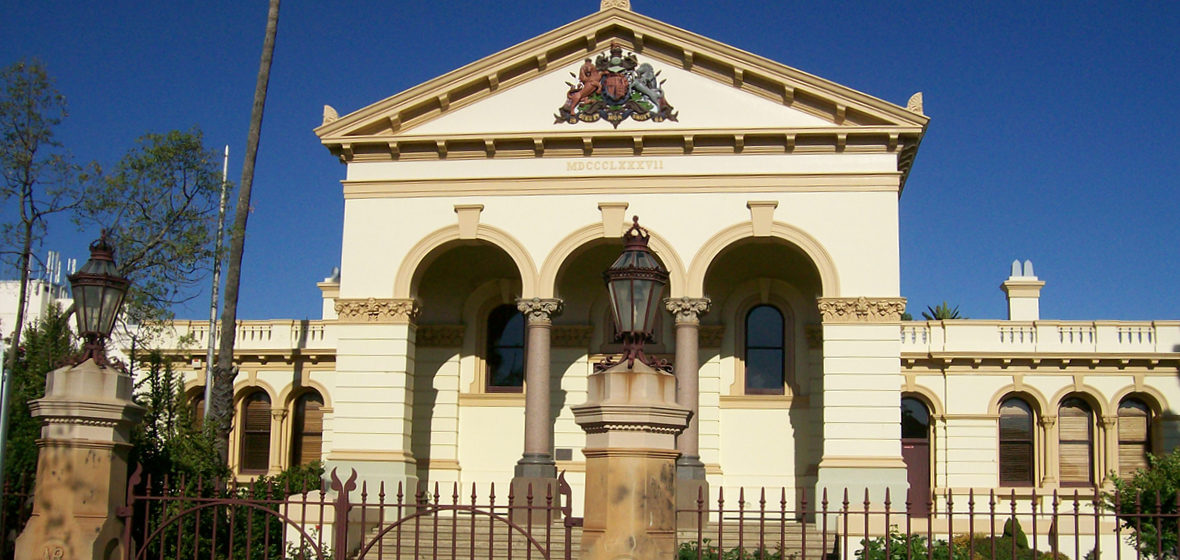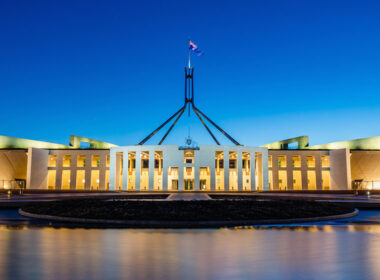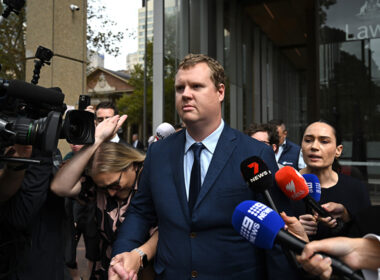A new dedicated court list for Aboriginal families involved in care and protection proceedings has been opened at Dubbo Children’s Court, aiming to reduce the number of placements in the state’s out-of-home-care system and streamline the process.
The Winha-nga-nha List (pronounced ‘Wi-nun-ga-na’), which was launched on Friday 8 September, will allocate more “time to listen and identify solutions” for families, and will reduce waiting times at court.
NSW Attorney General Michael Daley said courtroom procedures will be less formal, and child protection caseworkers will attend court more often to improve communication and accountability.
“The Winha-nga-nha List will provide more time to listen, talk and think about what is important for children and will encourage family and community members to support the parents and children involved,” Daley said.
“Importantly, this list will ensure cultural considerations are embedded in the court process.
“The aim is that, over time, this approach will improve outcomes for children and reduce the number of cases that result in the placement of Aboriginal and Torres Strait Islander children in long-term out-of-home care.
“It also aims to improve the engagement of extended family members and the community with the Children’s Court and improve confidence and connection with the court system by improving transparency.”
The List is the Children’s Court response to Recommendation 125 of the Family is Culture Review Report, and follows a co-design process with Aboriginal community in Dubbo and other key stakeholders.
These include the NSW Child, Family and Community Peak Aboriginal Corporation, the Aboriginal Legal Service, Legal Aid NSW, the NSW Law Society, and the Department of Communities and Justice.
Minister for Aboriginal Affairs and Treaty David Harris said the initiative is an important step towards Closing the Gap in NSW, which is a top priority for the Minns Labor Government.
“We know that when we involve Aboriginal communities in the design of programs and initiatives that impact them, we get better outcomes, every time,” Harris said.
The process involves a Directions List that includes a short administrative mention and a Conversations List where each case will be allocated at least 20 minutes of court time.
Winha-nga-nha is a term from the Wiradjuri language meaning ‘to know, think, remember’.




